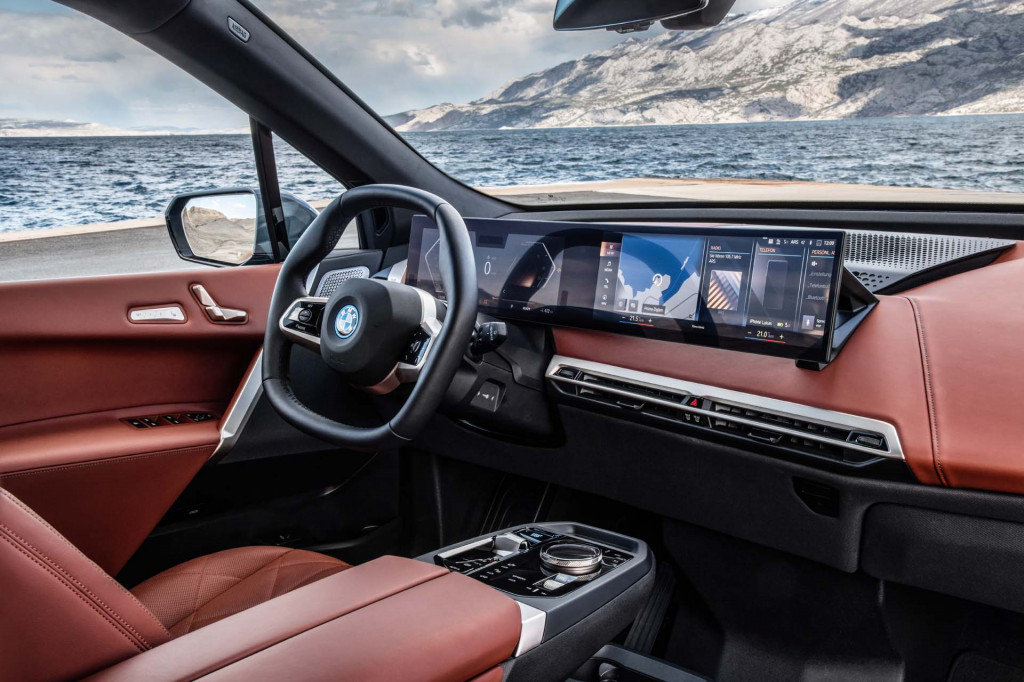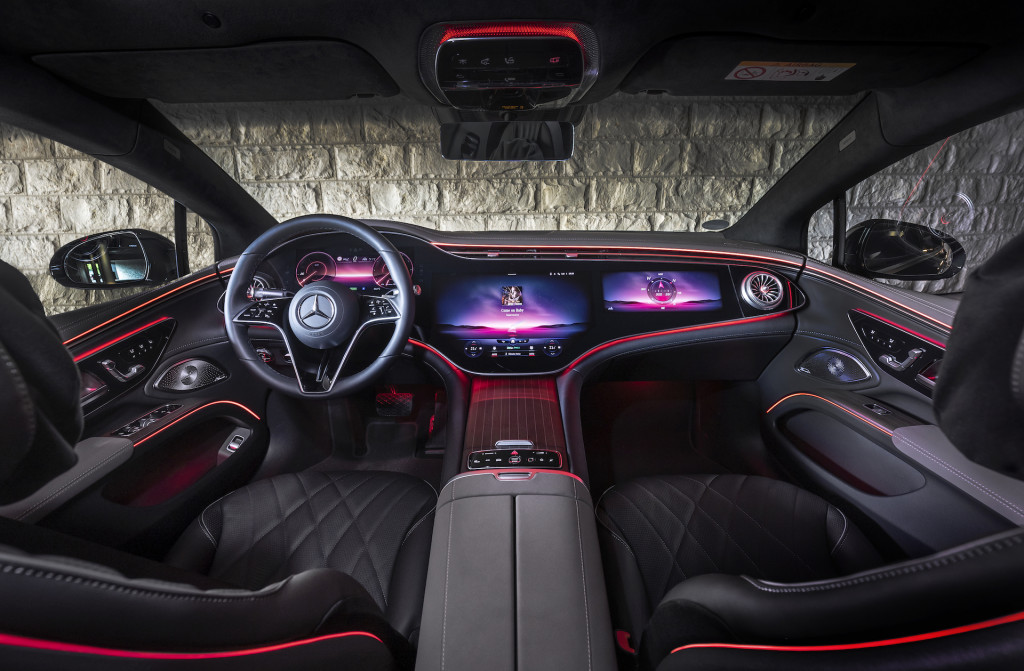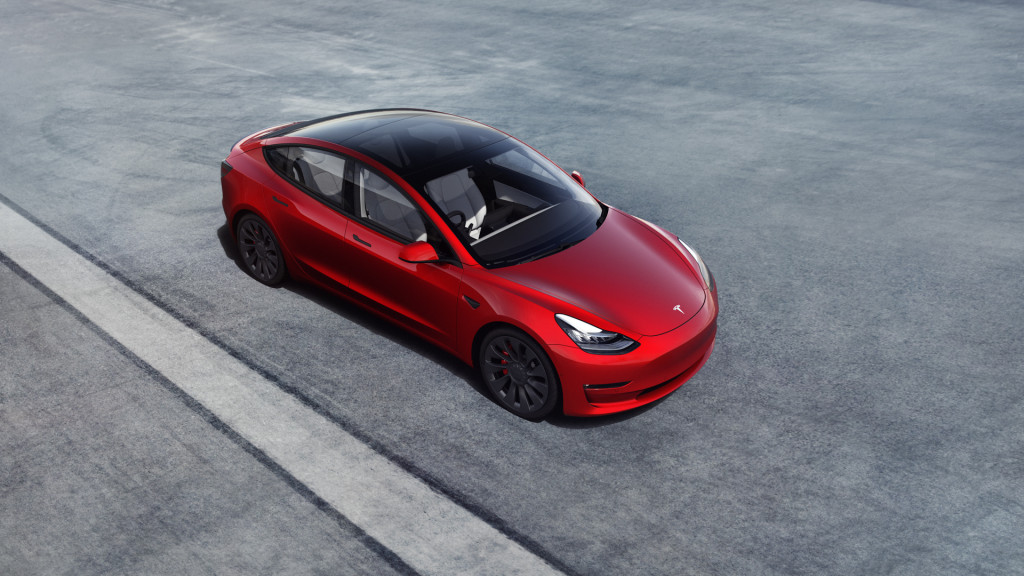At face value, a new study from J.D. Power has found that electric vehicles are far more problematic than typical internal-combustion models.
Although the assumption based on that might be that it has something to do with their battery packs, charging systems, motors, or other such things that set their powertrains apart, EVs don’t stand out as trouble-prone in the survey in any of those respects.
What does make them trouble? It’s all the other stuff—the weird-and-different hardware, the leading edge technology, and the interfaces done differently seemingly for different’s sake that has owners frustrated.
According to David Amodeo, J.D. Power’s director of global automotive and the person who oversees the U.S. Initial Quality Study (IQS), the trouble comes when automakers are making their EVs conspicuously different to help overcome some of the anxiety and apprehension over the genre as a whole.

2022 BMW iX xDrive50
“If you can wow them with more tech, if you can help justify the costs where they have to price it and everything but the kitchen sink in it,” Amodeo said, pointing to the ability that designers have with dedicated-EV skateboard platforms to go outside the design norms.
“So they’re trying things to woo people, to make them take notice, to really make the vehicle desirable,” he summed to Green Car Reports. “And because of that, some things are not working very well.”
The compounding issue is that many of these are things that automakers already aren’t doing well in internal combustion models. Shifting everything to the touchscreen or capacitive touch surfaces tends to disappoint or be more problematic beyond the initial wow.
IQS looks at responses from 84,165 purchasers and lessees of vehicles from the 2022 model year, compiling responses to 223 different questions spanning the new-vehicle ownership experience in the first few months.

2022 Mercedes-Benz EQS first drive (EQS 580)
Infotainment issues—and particular Apple CarPlay integration—was a source of frustration across the market already. For EVs in particular, so were automaker brand apps and their flaky connected-vehicle features that sometimes failed to perform as expected.
J.D. Power also pointed out that issues with advanced driving assistance systems—particularly active lane control features—are the most frequently cited problem (and now trending upward).
That closely relates to our own experience with several recent fully electric entrants, which became better in subsequent drives. Software updates for the Volkswagen ID.4 made its sluggish interface a lot friendlier, and the revamped interface given to the Jaguar I-Pace probably is what that luxury EV should have launched with in the first place. Further, the BMW iX we just sampled had some peculiar door and window hardware that simply left us asking why.
Power noted that all cars—not just EVs—were more trouble-prone, though. Across the entire industry, vehicle problems were up 11%, or 18 problems per 100 vehicles (PP100) higher than last year—to 180 PP100, a record high in the study’s 36-year history.

2022 Tesla Model 3
EVs as a whole were rated at 240 PP100, and Tesla was given a score of 226 PP100, although J.D. Power notes that it’s different for Tesla because the company doesn’t allow the firm access to owner information where it has to give permission. Two years ago Tesla ranked last among brands in this survey, due to build quality issues.
J.D. Power wouldn’t disclose which EV models specifically excelled (or tanked) in this survey.
Automakers know they’re diving into less predictable waters, and to some of them it’s a necessary risk, as they’re attempting to change their identity around EVs and creating vehicle experiences that are unique and distinct.
“Unfortunately you can’t have the upside without the potential for the downside,” Amodeo said. “Once you remove some of these growing pains and teething pains, you’re going to be in a really good spot.”













